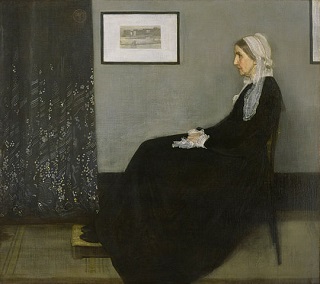Many of Our Great Discoveries Were Accidental

This is a reminder of how seldom our plans play themselves out as we have created them, and how many of the most beautiful outcomes derive from chance, often one that we consider disappointments at the time. The most well-known examples are probably the discovery of the New World and the invention of penicillin and the telephone, but there are hundreds of others.
This whole phenomenon is one of the many reasons to keep an open mind when it comes to scientific progress, since so many of the great discoveries in history happened as random accidents, made by people with no training in the area at all. Whenever I receive a business plan that touts a new technology, I must confess that I’m interested in the credentials of the inventor, but I constantly have to remind myself not to shut myself off from the ideas of people whose education and career have little bearing on the subject at hand.
